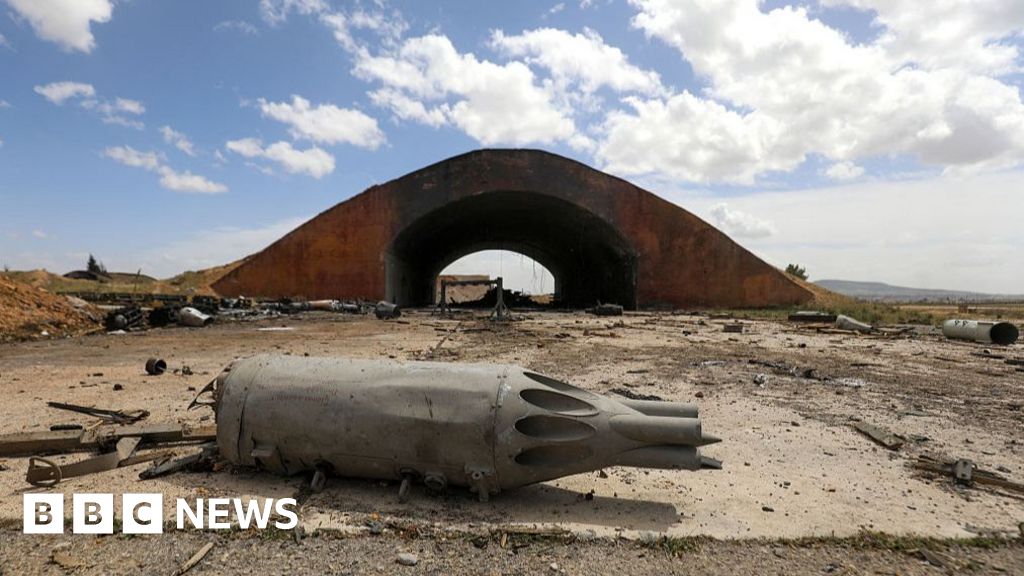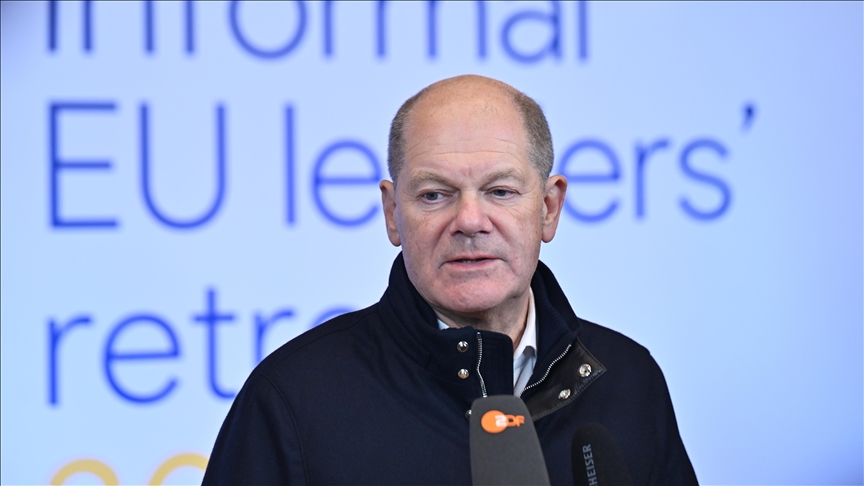Cyprus: Denktas’ negotiating power
Chances for an opposition victory are going down fast. Assuming they do win in elections, let’s see if the opposition parties have the authority to withdraw Denktas from negotiations.
The Constitution of the Turkish Republic of Northern Cyprus (KKTC) is similar to our Constitution. The basic difference is that president in the KKTC is elected by the people. In this respect, it is far closer to a semi-presidential system. The legislative organ cannot elect the negotiator even in the parliamentary system, let alone the semi-presidential system. Acting as a negotiator is among the functions and authorities of the executive. Hence, there is no article in the KKTC Constitution stipulating that parliament has such an authority.
Whether opposition parties have the authority to appoint the negotiator if they form the government is a more complicated issue. It is clear that the authority to "conduct general politics" (under Article 107, para. 1) does not include vital issues such as carrying out intercommunal talks. On the other hand, given that the president is responsible for maintaining the "continuity of state" (under Article 102, para. 2), he has a special place as long as negotiations related to the continuity of state are concerned. What is more, Mr. Denktas has appealed to people during the presidential elections as negotiator and he was elected.
Mr. Denktas’ statement that he would use his veto power if opposition parties win the upcoming parliamentary elections should not be mixed up with the negotiation issue. The Constitution does mention the veto power of the president but he has the authority to send laws back to parliament, similar to the situation in Turkey. In addition, the president appoints the prime minister. As for "decisions concerning measures" to be taken in the issue of "existence of the state", they are made by the Republican Security Council under the leadership of the president and submitted to the Cabinet. In this case, the president has the right to oppose, i.e. veto, those decisions and steps to be taken by the new government on these issues that he deems to be inappropriate. As for negotiating power, since it belongs to the president according to established practices, politics and laws, it does not require the use of a veto.
For these reasons, the upcoming parliamentary elections turn out to have no importance in changing the negotiator. But if opposition parties win in the elections and attempt to choose a new negotiator, then the Supreme Court is authorized to settle the dispute (Article 145). It is not difficult to predict now what the court’s decision would be.
The message that comes out of remarks of the Turkish Association of Bars and Commodities Exchanges’ (TOBB) leader Rifat Hisarciklioglu during his visit to the KKTC is this: the TOBB supports Mr. Denktas. That means it favors Mr. Denktas, whom it deems a "national hero", remaining as negotiator. At the same time, it also wants the Cyprus issue to be resolved and the KKTC to become an EU member like Turkey. It believes only Mr. Denktas can accomplish this. Hisarciklioglu, though not saying it openly, does not rule out the Annan plan entirely. But he emphasizes that this plan will bring at least an economic burden that is almost impossible to shoulder for the Turkish side, as revealed by research carried out by the TOBB. That is, the plan needs a serious revision.
EU Enlargement Commissioner Guenter Verheugen, speaking at a recent interview with CNN Turk’s Mehmet Ali Birand, has said we have incurred great losses because we did not resolve the Cyprus issue before the end of last year. If these losses are not remediable, then there is not much to expect from talks. Opposing the KKTC acceding to the EU together with Turkey after a thorough negotiation of the Annan plan, Verheugen does not bother to explain why he does so. And Birand does not elaborate through more questions. But is there another way out?



